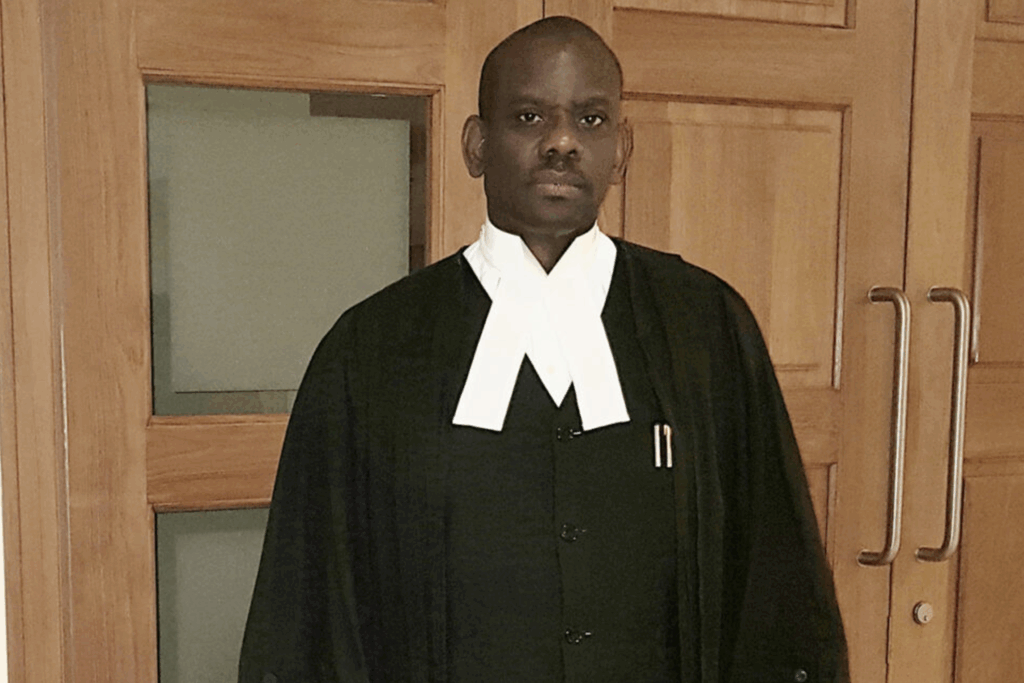Barbados’ trade union umbrella group has warned that economic recovery will ring hollow unless workers reap real benefits from growth, including higher wages, improved conditions and a stronger role in shaping national policy.
The Congress of Trade Unions and Staff Associations of Barbados (CTUSAB) President Ryan Phillips issued the caution during a press conference on Wednesday, as the organisation reviewed progress under the Barbados Economic Recovery and Transformation (BERT) austerity programme endorsed by the International Monetary Fund (IMF).
Phillips acknowledged that the BERT plan has guided Barbados through a series of economic shocks and achieved notable successes in areas such as employment recovery, macroeconomic stabilisation, climate resilience and institutional strengthening. However, he stressed that growth alone is insufficient if workers do not share in the gains.
“State-owned enterprises are financially strained, and many workers are still facing high costs of living and stagnant wages,” he said. “Economic growth alone is not enough if the benefits are not felt by those who keep our country moving.”
The union leader argued that wages must rise in step with productivity, social protection systems must be strengthened, and workers must have a meaningful voice in shaping policies that affect their lives.
“Equity and fairness cannot be an afterthought,” Phillips declared. “They must be central to BERT 3.0.”
Phillips also raised alarm about the outward migration of skilled Barbadians, warning that the loss of talent could threaten job security and the country’s competitiveness.
“We are seeing skilled Barbadians leaving for opportunities abroad,” he said. “That exodus affects our economy, limits the talent available for diversified industries and makes job creation an urgent national priority.”
Speaking earlier this year, Prime Minister Mia Mottley noted that although the formal IMF arrangement under BERT is ending, the government intends to continue key structural reforms — keeping the IMF “on speed dial” for future collaboration.
Phillips outlined six core priorities that CTUSAB believes must underpin the next stage of recovery:
– Creating sustainable jobs aligned with the skills of the workforce
– Strengthening social protection for vulnerable groups
– Ensuring workers and unions have a role in policy implementation
– Promoting equity so economic gains reach all citizens
– Investing in skills development and diversification beyond tourism and construction
– Addressing the high cost of living through wage adjustments and affordable housing, food and utilities
He urged policymakers to keep people at the centre of the nation’s economic strategy.
“Economic recovery without social justice is incomplete,” Phillips said. “Let us ensure that BERT 3.0 is not just about numbers — it’s about people, families and the future of our nation.” (LG)
A look back at BERT
The BERT programme was launched in 2018 in the midst of a severe debt and economic crisis, supported by the International Monetary Fund (IMF). It has evolved through several phases:
– BERT 1.0 focused on fiscal consolidation, rebuilding reserves, restructuring debt and stabilising the economy.
– BERT 2.0, introduced during the COVID-19 pandemic, expanded its focus to green transformation and private-sector growth.
– BERT 3.0, announced in May 2025, aims to “shock-proof” Barbados by addressing climate volatility, supply chain instability, digitalisation of public services, workforce training and the strengthening of state-owned enterprises.
The post Post-BERT, CTUSAB urges fairer share of growth for workers appeared first on Barbados Today.


